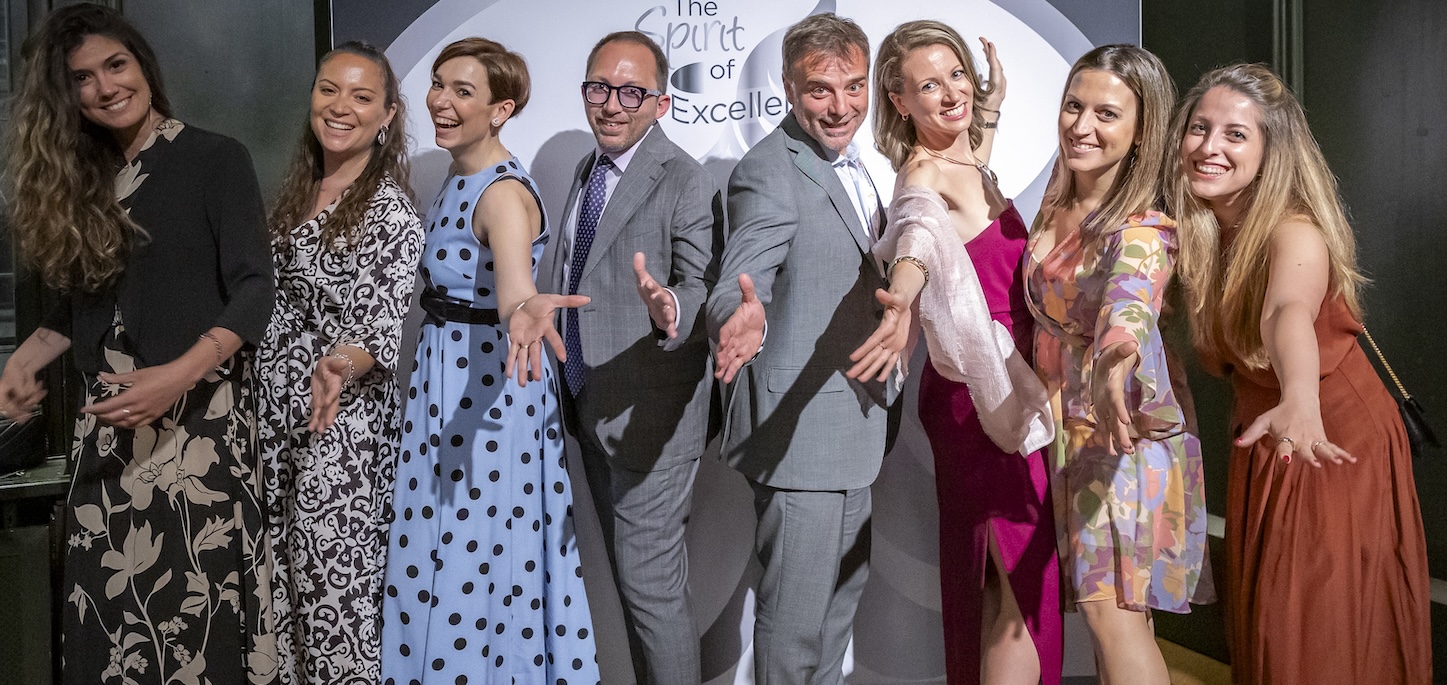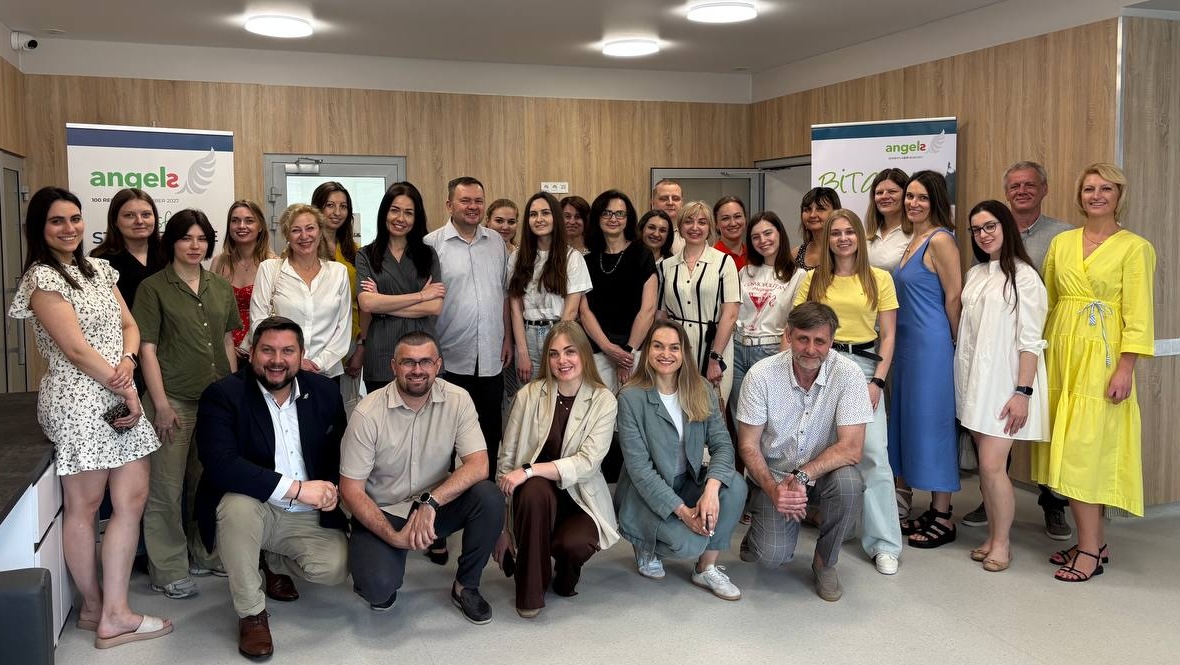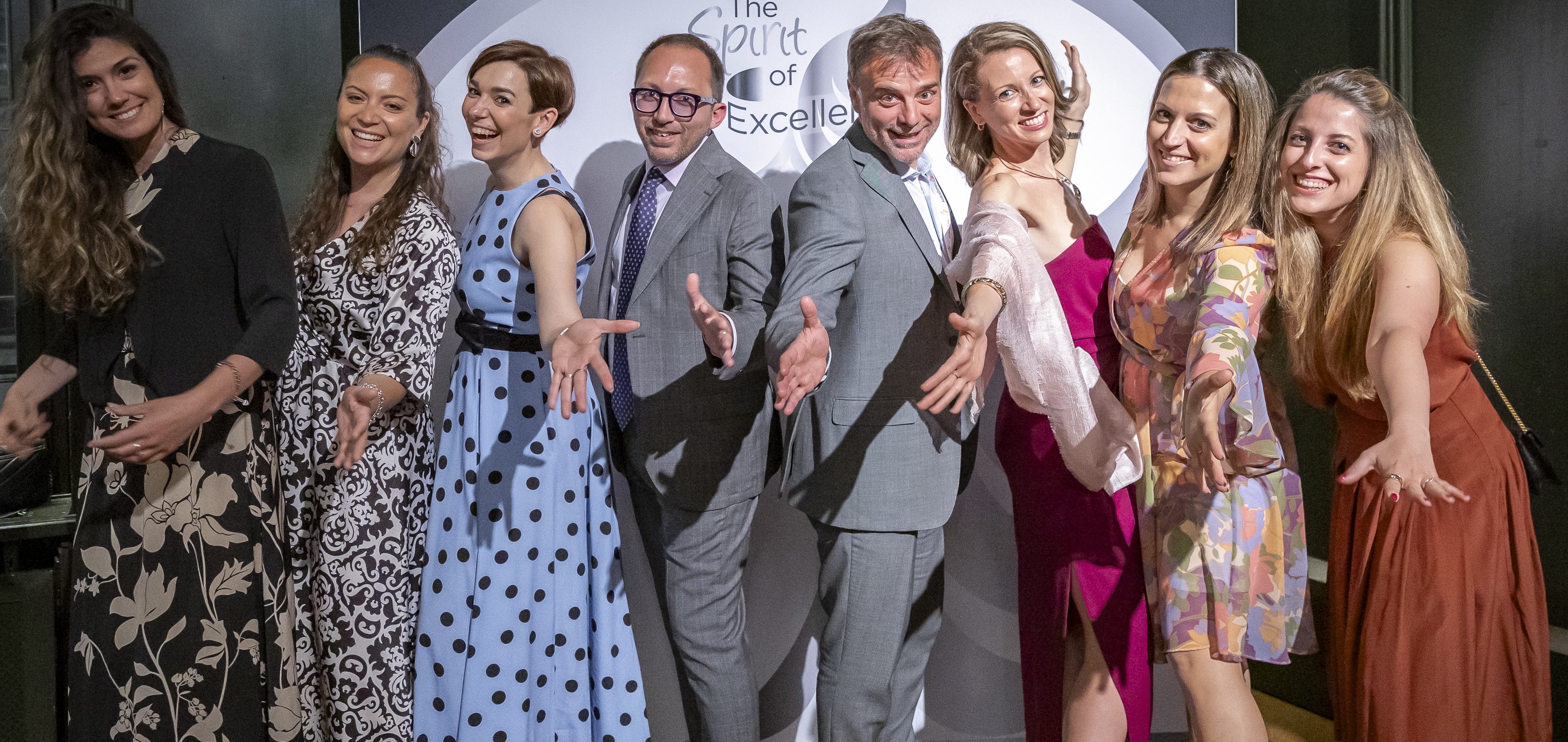
Paolo Candelaresi aveva solo tre anni quando Metalla registrò il suo primo album con il forte e intenso "Motorbreath", una canzone che riguardava la vita in fast lane. Da quaranta anni fa ricorso alla sua urgenza e intensità per spiegare perché è un neurologo di emergenza.
Se il richiamo dei metalli pesanti è un po’ arrugginito, ecco il testo dell’apertura.
Vivere e morire, ridere e piangere
Una volta visto, non sarai mai la stessa
La vita nella corsia veloce è proprio come sembra...
Ora immaginate che abbia giocato a 174 battiti al minuto e ottenete l’idea.
A 43 anni, il Dott. Candelaresi rientra tra due generazioni di neurologi specializzati in ictus, quelli che hanno tenduto a visualizzare nuove opzioni di trattamento con scetticismo, e una coorte più giovane che si avvicina alla neurologia vascolare con entusiasmo e una mentalità interventistica.
La generazione con cui si allineerebbe, è stata decisa 14 anni fa durante un tirocinio di due mesi presso l’Ospedale universitario di Helsinki, famoso per aver costruito la più efficiente catena di recupero per ictus acuto al mondo.
In qualità di studente di medicina a Napoli, Paolo aveva gravitato in neurologia e poi in ictus. Metallo ha fatto il resto. La determinazione che la vita doveva essere vissuta a piena velocità o nulla lo ha spinto a prendere la decisione di un secondo momento e a intervenire urgentemente in eventi acuti come lictus. Tuttavia, fino a quando l’invito a Helsinki (che ha seguito la sua partecipazione alla ESO ictus Summer School di Varsavia non era mai stato testimone di un trattamento per l’ictus acuto.
Era uno studente assiduo di ictus, porando su articoli le cui date di pubblicazione sapevano che era a cuore, ma non era fino a quando Helsinki non aveva sperimentato i suoi primi 20 secondi di coraggio insano.
Venti secondi di coraggio insano sono una linea spesso citata del film Matt Damon Abbiamo cercato uno Zoo per spingere le persone ad agire senza paura. Tuttavia, nel contesto del trattamento dell’ictus acuto, questo coraggio può fare la differenza tra vivere e morire, ridere e piangere.
"I secondi in cui si decide di trattare il paziente sono una strada unidirezionale", dice Paolo. "Non puoi tornare indietro. Se hai ragione, il paziente migliorerà. Se sbaglia, non ci sarà un buon esito."
Helsinki è stato un punto critico nella carriera di Paolo. Quando il suo tirocinio è terminato, la sua ricerca è iniziata per un ospedale in cui potrebbe implementare il modello di Helsinki e apporre il proprio timbro.
Perché una volta visto, non sarai mai la stessa.
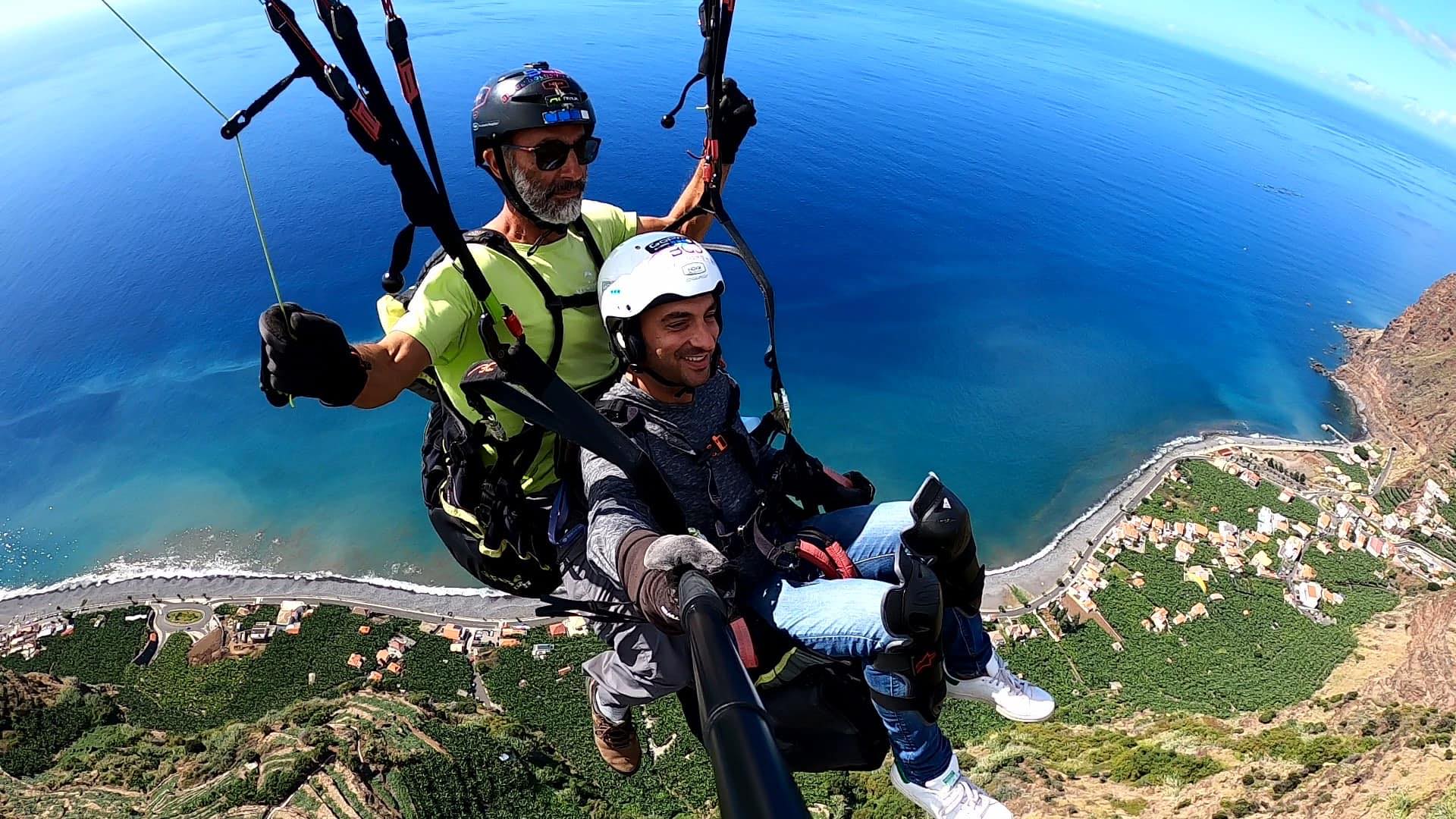
Tre generazioni
Il dott. Antonio de Mase è un giovane neurologo vascolare per il quale 20 secondi di coraggio insano sono lo spazio tra pensare e agire. È diventato un medico perché gli piaceva l'idea e ciò che aveva visto nei film. Ha scelto la neurologia perché gli ha dato la possibilità di scegliere il tipo di vita che voleva, sia lavorando in emergenza che concentrandosi sulla diagnostica e sulla ricerca. Farebbe nuovamente la stessa scelta.
Il papà di 34 anni è entrato a far parte dell’Hospital Antonio Cardarelli (HAC) nel 2022 perché era proprio il tipo di ospedale che stava cercando, un ospedale molto impegnato e ben organizzato che sta sempre spingendo verso il miglioramento.
Il più grande ospedale del Sud Italia, l'HAC è uno dei principali centri per l'ictus italiani e vincitore di sette premi diamantati ESO Angels consecutivi.
Quando Paolo Candelaresi è arrivato per la prima volta qui nel 2017, era alla ricerca di un ospedale dove potesse replicare ciò che aveva appreso a Helsinki nel 2010. All'HAC trovò un medico che definì le aspettative della sua generazione.
Il dott. Vincenzo Andreone (62) aveva introdotto la formazione sull’ictus presso HAC già negli anni novanta. Aveva sviluppato il primo percorso per l'ictus in ospedale ed eseguito i primi trattamenti trombolitici pionieristici, di fronte allo scetticismo dei coetanei che resistevano all'idea della neurologia come disciplina legata alle situazioni di emergenza. Cosa più importante, Vincenzo riteneva che nella più giovane generazione di medici come Paolo e il potenziale di trasformare l’HAC in un centro moderno per la neurologia vascolare dove la maggior parte dei pazienti potesse sottoporsi ai migliori trattamenti completi possibili.
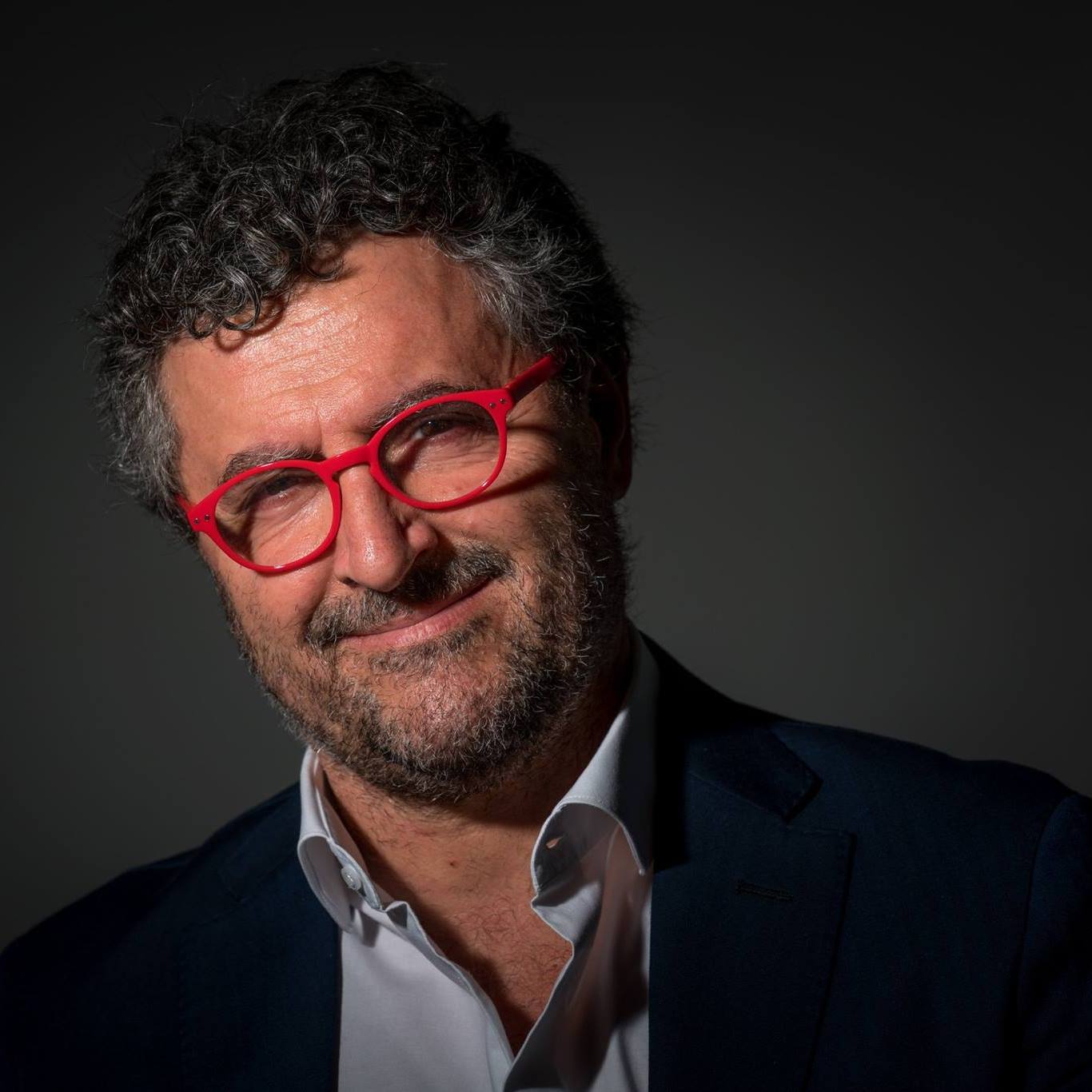
Il cambiamento si sposta nella corsia veloce
Nel 2021, quando Vincenzo divenne direttore della neurologia e della stroke unit presso l’HAC, il cambiamento è passato alla corsia di coincidenza. In particolare, la loro partecipazione all’iniziativa di monitoraggio della qualità MonitorISA li ha aiutati ad analizzare le loro prestazioni e le aree target di miglioramento. Vincenzo e Paolo hanno collaborato a un nuovo percorso per l’ictus che ha adottato il trattamento alla TC come azione prioritaria, portando il modello di Helsinki nel più grande ospedale dell’Italia meridionale. E con questo la rivoluzione è stata completata. L’ospedale ha vinto il suo primo ESO-Angels Awards nell’ultimo trimestre del 2021 e da allora ha ricoperto un ruolo di diamante.
La modifica del protocollo ha ridotto il DNT mediano a 42 minuti. La ricerca presentata al congresso ESOC 2023 ha dimostrato che i pazienti trattati con TC mostravano un miglioramento neurologico precoce maggiore, a due ore, 24 ore e alla dimissione, e avevano probabilità significativamente maggiori di esito eccellente (60,1% rispetto a 42,8%) a tre mesi.
Può essere difficile combinare la pratica clinica e la ricerca in un grande ospedale sovraffollato in cui il personale della stroke unit tratta e raccoglie dati per 1.000 pazienti all’anno. Il team HAC è comunque partecipante a studi importanti, tra cui PRECIOS, TICH 3 e ESCAPE-NEXT, e la loro capacità di ricerca è stata notevolmente potenziata dalle menti brillanti dei giovani neurologi dedicati e dalla supervisione di una guida esperta come Vincenzo, afferma Paolo.
HAC è ancora l’ospedale che Antonio de Mase stava cercando nel 2022. Soddisfa il suo "crescere, affrontare sfide più complesse, fare più sperimentazioni e ricerche, imparare ed essere collegato alle persone con idee". Non è ancora il momento del prossimo step.
"La chiave non è pensarci troppo", dice di quei 20 secondi di coraggio che daranno a uno straniero una seconda possibilità di vita.
"Devi sempre essere presente. Non si tratta di fare qualcosa di nuovo o diverso, bisogna seguire il protocollo, agire e non pensare troppo. Ogni volta, la tua ultima trombolisi è stata il tuo ultimo momento di coraggio insano."
